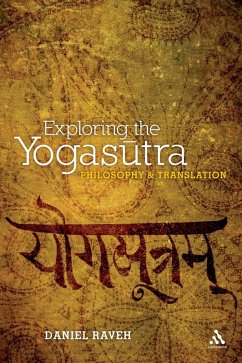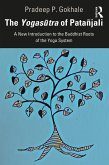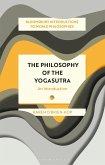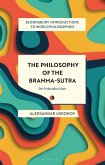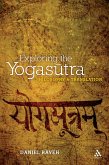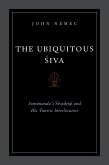Patañjali's Yogasutra is an ancient canonic Indian text composed in Sanskrit in the 3rd or 4th century. Belonging to a very different cultural milieu, this multi-layered text is philosophical, psychological and practical in nature. Offering a philosophical reading of Patañjali's Yogasutra, this book discusses themes such as freedom, self-identity, time and transcendence, and translation - between languages, cultures and eras. Drawing substantially upon contemporary Indian materials, it discusses for the first time classical yoga as reflected upon by Daya Krishna (1924-2007) with constant reference to Krishna Chandra Bhattacharyya's (1875-1949) studies in yoga philosophy. The genuine attempt on behalf of these two original thinkers to engage philosophically with Patañjala-yoga sets the tone of the textual exploration provided here. This book features a new annotated translation of the Yogasutra, and the author provides a useful background to the extensive Samkhya terminology employed by Patañjali. Daniel Raveh also offers a close reflection of the very act of translation, and the book concludes with suggestions for further reading and a glossary of central notions.
Bitte wählen Sie Ihr Anliegen aus.
Rechnungen
Retourenschein anfordern
Bestellstatus
Storno

